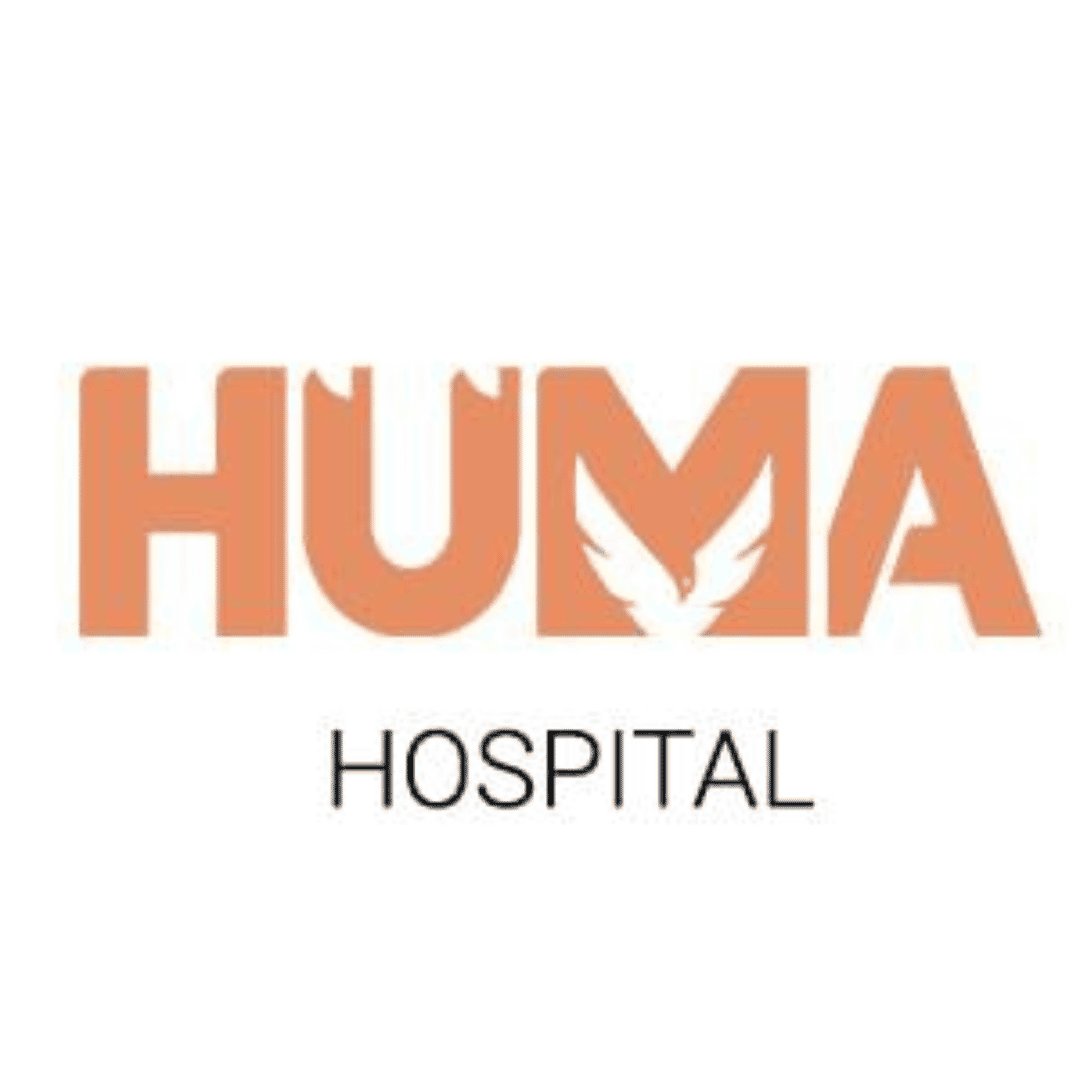A Guide to Lithotripsy Cost in Turkey

Dealing with kidney stones can be a painful and stressful experience, and the cost of treatment is often a major concern. If you're exploring your options, you may have heard about the affordability and quality of medical care in Turkey. So, how much does lithotripsy cost in Turkey? Generally, you can expect the price to be a fraction of what you would pay in Western countries, without compromising on the quality of care. Turkey has become a leading hub for medical tourism, thanks to its modern hospitals, experienced doctors, and advanced technology.
This guide will break down everything you need to know about the cost of lithotripsy in Turkey. We'll cover the different types of procedures, the factors that influence the final price, and what you can expect during your medical journey. Whether you're considering Extracorporeal Shock Wave Lithotripsy (ESWL) or a more advanced laser procedure, understanding the costs involved is the first step toward making an informed decision about your health.
What is the average cost of lithotripsy in Turkey?
This price range is an all-inclusive estimate that often covers the surgeon's fees, hospital charges, and pre-operative consultations. Compared to the United States, where the same procedure can cost upwards of $10,000, Turkey offers a significant cost advantage. This affordability is due to the lower cost of living and operational expenses in Turkey, not a lower standard of care.
Many Turkish hospitals that cater to international patients offer package deals. These packages are designed to provide transparency and convenience, often including services like airport transfers, accommodation, and translator services, which can further enhance the value for money.
How much does ESWL cost in Turkey?
ESWL is a popular choice for smaller kidney stones as it doesn't require any incisions. The procedure uses high-energy shock waves to break the stones into smaller, passable fragments. The lower cost of ESWL in Turkey is one of its biggest draws for international patients.
The price for ESWL usually includes the procedure itself and a consultation. However, it's always best to confirm with the clinic what is included in the quoted price, as some may charge extra for initial diagnostic tests like X-rays or ultrasounds.
What is the cost of laser lithotripsy in Turkey?
Laser lithotripsy is a minimally invasive procedure where a thin, flexible scope (ureteroscope) is passed through the urinary tract to the stone. A laser is then used to break the stone into tiny pieces. While more expensive than ESWL, it is often more effective for certain types of stones.
The higher cost is attributed to the specialized equipment and the expertise required to perform the procedure. The package price for laser lithotripsy in Turkey often includes the surgeon's fee, anesthesia, a short hospital stay, and necessary medications.
What factors influence the final lithotripsy cost?
- Type of Procedure: As mentioned, ESWL is less expensive than laser lithotripsy or Percutaneous Nephrolithotomy (PCNL), which is a more invasive surgery for very large stones.
- Hospital and Location: Hospitals in major cities like Istanbul or Ankara might have slightly higher prices than those in smaller cities. Furthermore, internationally accredited hospitals (like those with JCI accreditation) may have higher fees but offer a higher standard of care and service.
- Surgeon's Expertise: A highly experienced urologist may charge more for their services, but their expertise can lead to better outcomes and fewer complications.
- Complexity of the Case: The number, size, and location of the stones can impact the duration and complexity of the procedure, thus affecting the cost.
- Package Inclusions: Check if the price includes pre-op tests, post-op care, accommodation, and transfers.
Is lithotripsy in Turkey safe?
Many Turkish hospitals hold certifications from international bodies like the Joint Commission International (JCI), which ensures they meet the highest global standards for patient care and safety. The urologists are often trained in Europe and the United States and have extensive experience in performing lithotripsy procedures.
The technology used in Turkish hospitals is on par with the best hospitals worldwide. This combination of skilled professionals, modern technology, and rigorous safety protocols makes Turkey a safe and reliable choice for medical treatment.
What is included in the lithotripsy package price in Turkey?
To attract international patients, many clinics offer all-inclusive packages. It's common for these packages to cover:
- The full cost of the medical procedure.
- The surgeon's and anesthesiologist's fees.
- All pre-operative consultations and basic tests.
- Hospitalization costs for the required duration.
- Post-operative check-ups and medications.
- Airport pickup and drop-off.
- Translator services.
It is crucial to get a detailed breakdown of the package from the hospital or medical tourism facilitator to avoid any hidden costs.
How does the cost in Turkey compare to the US and UK?
This significant price difference is a primary driver for medical tourism to Turkey. The lower costs are not due to a lack of quality but are a result of the country's economic factors, including lower labor costs and operational expenses for medical facilities.
| Country | Average Lithotripsy Cost (USD) |
|---|---|
| Turkey | $1,500 - $4,000 |
| United States | $10,000 - $20,000+ |
| United Kingdom | $8,000 - $15,000 |
| Germany | $5,000 - $10,000 |
Do I need a visa to get medical treatment in Turkey?
The Turkish e-Visa process is straightforward and can be completed online in a few minutes. It's always recommended to check the latest visa regulations for your specific country on the official Turkish Ministry of Foreign Affairs website before planning your trip.
How long do I need to stay in Turkey for lithotripsy?
ESWL is an outpatient procedure, meaning you can usually leave the hospital the same day. For laser lithotripsy, a one-night hospital stay might be recommended. The total duration of your stay will be determined by your doctor based on your specific condition and recovery progress.
How do I choose the right clinic in Turkey?
Research is key. Don't just focus on the lowest lithotripsy price. Prioritize quality and safety. Look for clinics with a strong online presence, transparent pricing, and positive testimonials from previous international patients. A good clinic will be happy to provide you with all the necessary information about their facilities and medical team.
What payment methods are accepted in Turkish hospitals?
It's advisable to confirm the accepted payment methods with the hospital beforehand. Some may require a deposit to secure your booking, with the final balance payable upon arrival or before the procedure. Always ask for a detailed invoice for your records.
Are there any hidden costs I should be aware of?
Potential extra costs could include:
- Advanced imaging tests if required.
- Treatment for any unforeseen complications.
- Personal expenses like food, travel, and tourism activities.
- Prescription medications after you are discharged.
A good medical tourism facilitator or hospital international patient department will clarify all potential costs upfront.
Can I combine my treatment with a vacation?
It's best to plan your tourist activities for before your procedure or after your doctor has given you clearance to travel and engage in light activities. This allows you to recover properly while still enjoying what the country has to offer.
What happens during the initial consultation?
This is your opportunity to ask any questions you may have about the procedure, recovery, and costs. The surgeon will outline the treatment plan and ensure you are comfortable and fully informed before moving forward. If you are consulting from abroad, this is often done via video call, with a final in-person consultation upon your arrival in Turkey.
Ready to explore your options for affordable and high-quality kidney stone treatment? Explore PlacidWay for solutions related to medical tourism and connect with top-rated clinics in Turkey today.


.png)



.png)










Share this listing